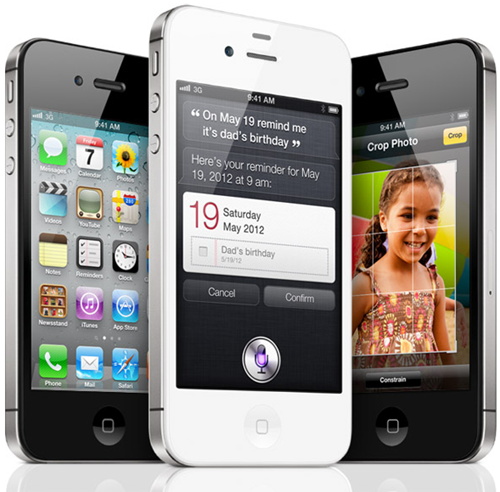The iPhone has been around since 2007 and is about to be presented to the world in its sixth-generation form in the next month or so. In five years that has followed the iPhone’s introduction to the world, there has been a huge rise in mobile devices and their everyday use in our day-to-day lives, with a number of important points being raised about mobile technology along the way. As you would imagine, one of those important points that gets raised time and time again is just how secure mobile devices and their respective operating systems are.
When Apple first launched their iPhone in 2007, it was greeted with extreme positivity by general consumers who loved the fact that they had managed to build a feature-rich device that perfectly managed to blend form and function together. The original device was one of the first examples of technology and liberal arts coming together to form the next-generation of consumer technology. Unfortunately for Apple, you can’t please all the people all the time and a certain set of security experts managed to find a few issues with the original device pertaining to the way native apps were developed and executed by iOS. The necessity for the apps to have root privileges meant that the device could be entirely controlled if someone managed to find a bug within the app.
Although it took Apple a little longer to address and fix the issue which most security experts would have liked, it does seem that the company have learnt significant lessons from that experience and have subsequently turned the iPhone into a security powerhouse. It is difficult to class any device as totally secure, and while the iPhone is still vulnerable to exploitable vulnerabilities, the fact that each invoked app now requires its own sandbox means that it is a lot harder for that level of access to be gained.
As part of their ongoing pursuit of device security, Apple has invested significant finances into making their industry leading device one of the most secure on the market through the use of AES type encryption, as well as having methods in place to erase device data when a set passcode is entered incorrectly a predefined number of times. Additional security features are also embedded within iOS, making it an extremely formidable and safe device that even law enforcement agencies sometimes have extreme difficulty extracting information from. Whatever you are doing, Kkeep it up Apple.
(via TechnologyReview)
You can follow us on Twitter, add us to your circle on Google+ or like our Facebook page to keep yourself updated on all the latest from Microsoft, Google, Apple and the Web.

